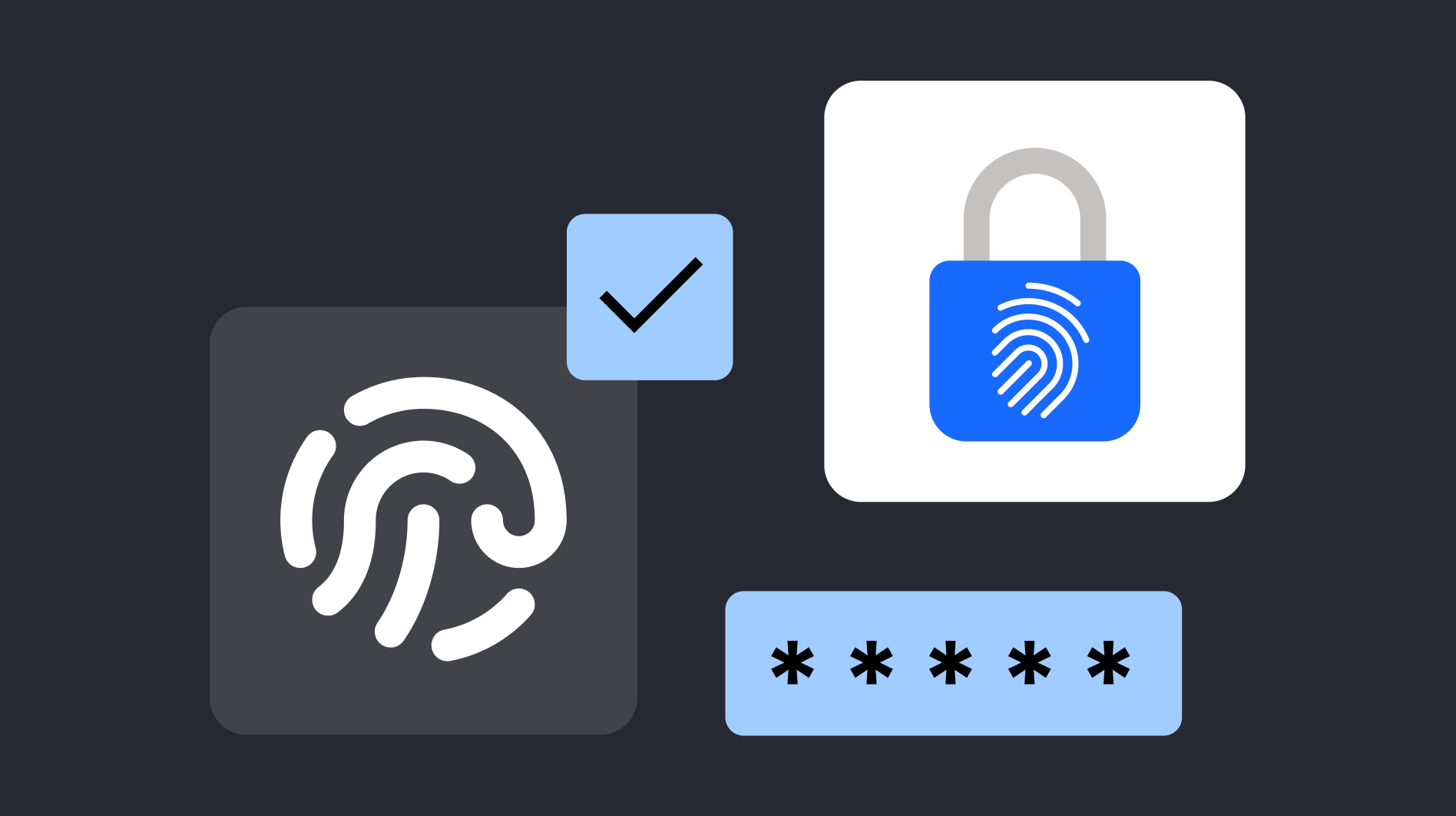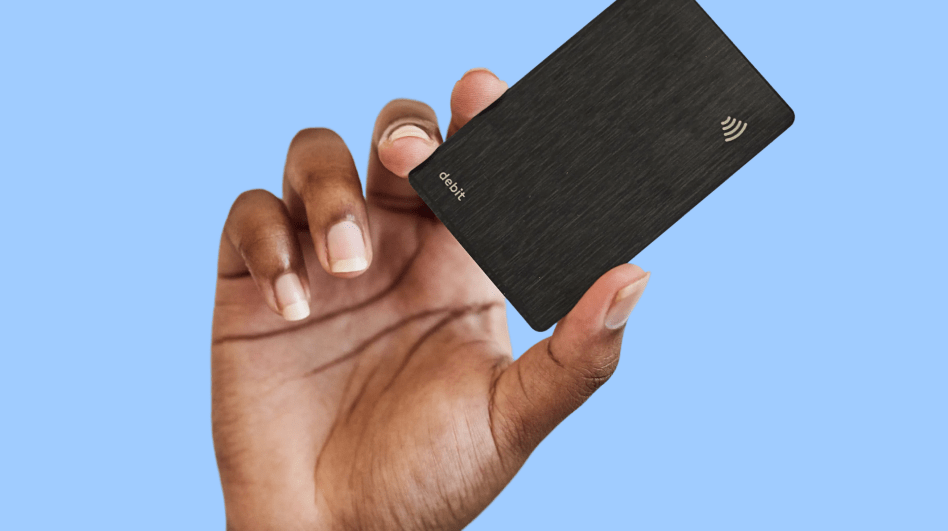More than 50% of consumers in the Middle East, North Africa and Pakistan will use BNPL in 2022. This is a staggering number and one that puts the region out ahead as a leader in BNPL adoption. And 36% of merchants currently have a BNPL offering at the checkout.
The region has, traditionally, been very cash-focused but BNPL is providing an alternative that replicates the experience of receiving a product or service before paying for it. The payment method also provides a credit option that is sharia-compliant — something that is sought after in the region.
BNPL has won the trust of consumers despite being a relatively new concept. The trust of investors has also been won — evident in the number of providers that are successfully operating in the region.
So, who’s playing in the space and where are they heading? And why has the region proved a perfect match with BNPL?
Discover what's driving the rise of BNPL.
Why MENAP is the right environment for BNPL
While BNPL has seen success in regions across the world, MENAP in particular has been a hotbed of innovation. Reasons that BNPL has taken off include:
- Trust around ecommerce is shifting
Prior to COVID, people worried about shopping online and entering payment details on third-party websites. In the Middle East, cash-on-delivery (COD) helped overcome this but brought its own obstacles to growth. BNPL helps fix this. It gives customers a ‘try before you buy’ option and removes the collection burden from merchants. BNPL companies like Tamara have done a great job building trust and reassuring shoppers that BNPL is secure. According to Abdulmajeed Alsukhan, CEO and Co-Founder of Tamara, merchants will typically experience a 10% to 30% increase in conversion and a 30% to 85% increase in average order value. - There is a high degree of mobile empowerment
Although financial infrastructure is a challenge across remote and rural areas, widespread access to mobile networks has plugged the gap. The Middle East has a 97% smartphone penetration, one of the highest in the world. And, in Africa, mobile infrastructure has brought micro-payments to the masses. Mobile has created direct channels for digital commerce and the opportunity for BNPL apps to thrive. - Investment in financial inclusion is a priority
To financially empower citizens, governments and central banks have invested heavily in schemes that move economies from cash to e-payments. A great example is Saudi Arabia which aims to have 70% of the nation's transactions handled digitally by 2030. Some are even developing their own digital wallets and installment-based products to support this. - Limited access to short term credit
While in the UAE, credit cards are in widespread use, much of the rest of MENAP is still dependent on debit cards. BNPL provides customers with a short-term credit facility. This is great for merchants. - The region is home to lots of young consumers
More than 50% of MENA residents are under the age of 25 — the largest youth population in the world. Affordability is something that younger people in MENAP struggle with — especially if they’re paid monthly. BNPL has thrived by allowing Millennials and Gen Z to purchase lower-cost, everyday items like clothing and food while they wait for payday.
For consumers, BNPL offers a short-term credit option that does not require them to build balances or go through credit checks. Simultaneously the transaction amount in capped. This is a sentiment shared by Alsukhan and he comments, “We’ve seen people switching from credit cards to BNPL in droves. This isn't a credit service that people must apply for — rather this is a product, available on demand.”

For merchants, there is now a way to give customers a frictionless card on file payment experience. But the hard yards of winning the level of trust that it requires for customers to leave their credit card details on file is left to the BNPL provider.
Arjun Singh, Head of Financial Services - MENA, Arthur D. Little, said he is confident that 2022 will be the year of BNPL in MENAP in a recent interview with Checkout.com. “I anticipate that through the year we are going to see BNPL being adopted much wider regionally in countries where BNPL has not yet entered…I expect innovative solutions to come out of the BNPL players who have been in the market,” predicts Singh.
Learn more: How to prevent BNPL fraud.
Key markets are driving the trends
If we zoom into the different markets across the region, the UAE and Saudi Arabia has the lion’s share of ecommerce and digital payments, making them prime markets for BNPL. Many new BNPL providers have emerged here thanks to the availability of significant funding.
Among these is Saudi based, Tamara. It recently announced the largest Series A funding round in the region— $110 million—, led by Checkout.com and has seen transaction volume skyrocket by 170% month on month.
Singh includes Egypt in the list of countries to watch. Singh commented, “I expect BNPL to be adopted quite widely in Saudi Arabia. I am seeing early signs of competition in markets such as Egypt which are large and obviously we have the UAE which is fairly competitive.”
In cash-dominated countries, though, adoption has been slower. Some markets may not yet support the underlying payment rail for BNPL, which is still typically a card or digital payment. Even so, BNPL is making headway with the likes of Shahry in Egypt and Qisset in Pakistan.

In under and unbanked areas, we’re also witnessing lots of innovation from local fintechs and banks offering BNPL-style installment products via SMS, apps and even as store-based loyalty tools.
Regulation is on its way but growth will continue
Like in other parts of the globe, regulation around BNPL is topical for those operating in the region. Encouragingly, though, regulators in MEANP are proactively encouraging innovation and enabling fintechs. And, while the exact perimeters of regulation will — and do — vary according to country, it is fair to assume that the trajectory of BNPL with not be curtailed in any of them.
“The recent acceleration of Fintechs regionally is yet another example of how MENA is catching up fast with global developments. Regulators in the region have been observing and working closely with us and BNPL companies to robustly address the risks, with an enablement-focused approach rather than seeking to deter the market. With consumers increasingly receptive to these new products, we expect BNPL companies to further expand into new markets and bring more innovation into their business models.” Nameer Khan, Chairman, MENA Fintech Assosiation.
We envisage that BNPL providers will continue to grow at hyper speed. As they scale up, they will start to offer credit cards and debit cards, budgeting and money-related insights to become financial super apps.
Owning both the customer and merchant relationship gives them a great advantage and lots of data points and insight on spending habits to help drive future embedded services in the region.
.jpeg)



.jpg)


.png)






_How%20and%20why%20to%20launch%20a%20card%20program%20(1).png)


